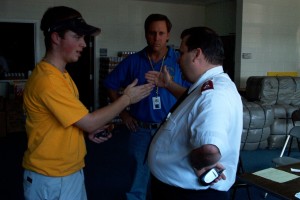
When the sun arose across the University of Richmond the day after Hurricane Isabel, we saw what had been left behind. Only one building sustained structural damage; it was mine, and the damage was minimal.
Before the storm, I had made arrangements to work with Virginia Baptist Disaster Relief teams after the storm, if needed. With no power and no service on my 3-week old cell phone, I had no way to reach or be reached.
As I walked back from picking up my bag lunch in the dining hall, I passed one of the disaster relief leaders who had driven over to pick me up. I quickly packed a bag, and just hours before the campus would shut down for a week, we left Richmond and headed toward the coast.
Our mission: host a feeding unit team from South Carolina at the local Salvation Army in Norfolk, Va. This would be the first ever partnership between the Salvation Army and Southern Baptist Disaster Relief.
The evening we arrived, we oriented ourselves with the Salvation Army’s facility in and began to prepare for the feeding unit to arrive. At the end of the evening, we were tired. After being on our feet all afternoon, we were ready for dinner and a good night’s rest.
There was one problem: it was now past the citywide curfew and restaurants, if they were open to begin with, were closed for the night. Facing the prospect of going without a meal, I approached the door of Boston Market and flashed my Disaster Relief ID badge. The manager swung the door open, thanked us for our serve to their community and let us eat.
When the feeding unit arrived the next day, they worked hard to set up the kitchen to begin serving meals that evening.
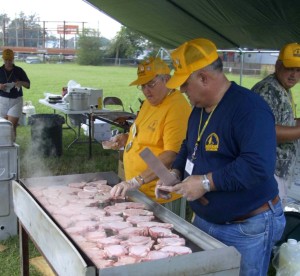
Over the course of Saturday afternoon, a few Virginia-based volunteers came to give some of the South Carolinians an opportunity to head to the hotel and rest before starting a full day of meal preparation on Sunday. What had been lost in translation was our need for some of their team to remain to help fix and distribute dinner.
I returned from a meeting with the Salvation Army colonel (pictured above) to find only our 4 Virginia volunteers in the kitchen. They looked lost. We were lost. But we had 2,000 meals to prepare and ship out the door to hungry families in Hampton Roads, so we set to work.
The five of us spent the next few hours learning what we didn’t already know and welcoming any extra help we could get from the Salvation Army staff. Just two hours behind schedule, all 2,000 meals had been packed into trucks and driven out to the neighborhoods of Norfolk.
Over the course of the next 5 days, I visited crews working throughout Hampton Roads, at The Diamond in Richmond and in the Anacostia neighborhood of Washington, DC. I saw a lot of people do a lot of good for a lot of Virginia residents that week. I continue to be grateful for the opportunity I had to serve and see Disaster Relief up close.
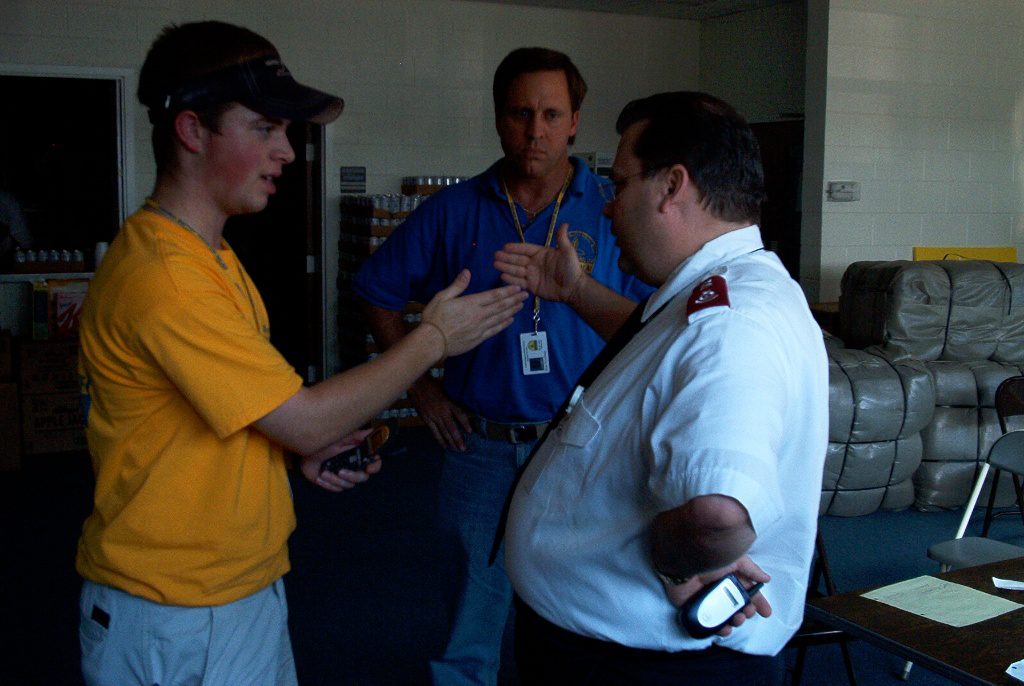
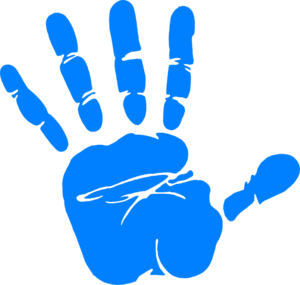
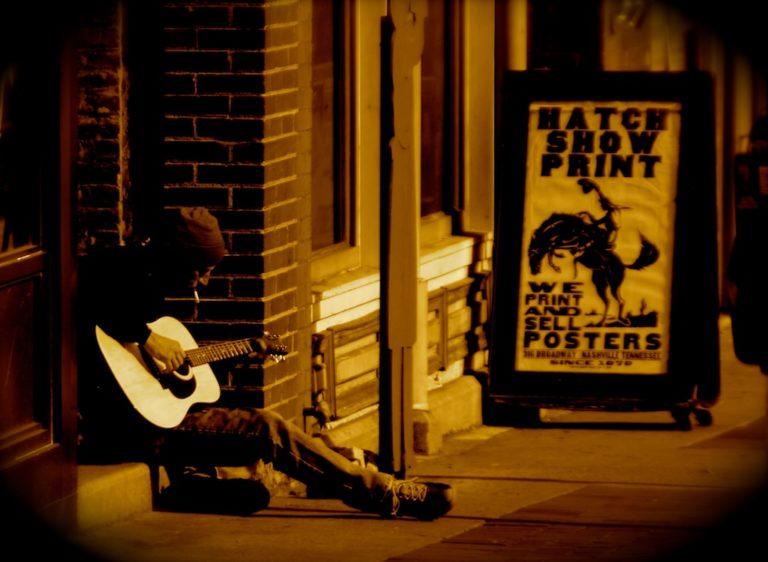
Next Level Justice